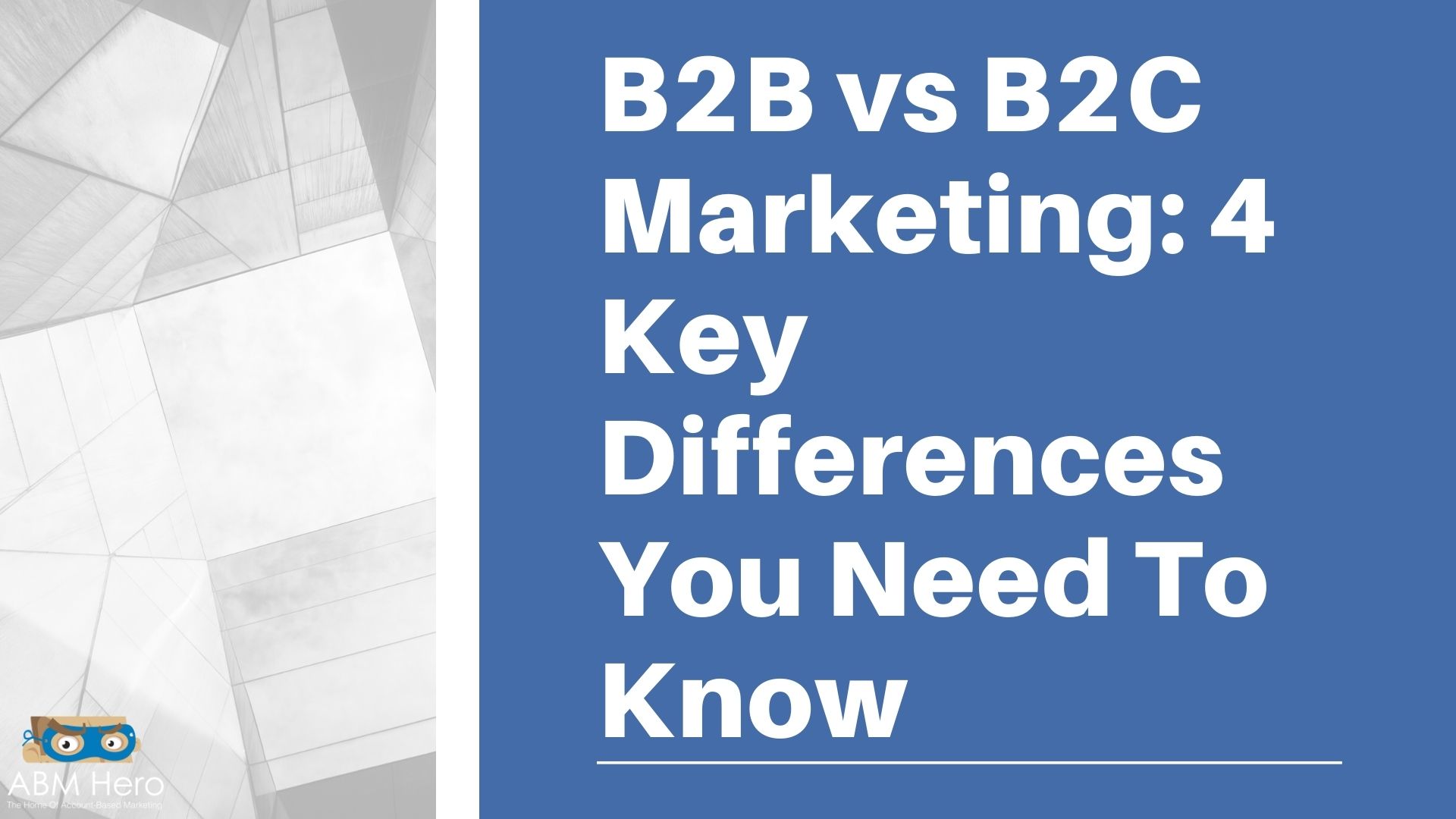When it comes to marketing, businesses can either market to other businesses (B2B) or to consumers (B2C). Whilst both types of marketing share some commonalities, key discrepancies are not an exemption. Thus, every business owner should look after it.
This article will discuss the key differences between B2B and B2C Marketing along with the fundamental aspects you should know to effectively pull off your marketing campaigns.
What is B2B Marketing?
B2B marketing is the process of marketing products or services to other businesses or organizations. The main goal of B2B marketing is to build relationships and create long-term partnerships between businesses. To succeed in doing these, businesses need to focus on creating and delivering value to their target customers. Hence, B2B marketers often focus on creating content that is educational and informative rather than promotional.
Considering the complexity of B2B marketing, the basic principles are relatively simple: identify your target market, create content relevant to them, and distribute that content through the channels that they are likely to spend their time.
B2B marketing is used to market a wide variety of products and services, including industrial and commercial products, and business-to-business services.
What is B2C Marketing?
B2C marketing, also known as business-to-consumer marketing, is the process of marketing products and services to individuals. B2C marketing is typically used by businesses that sell products or services to consumers. For instance, food, clothing, and electronics.
B2C marketing is different from B2B marketing, which is the process of marketing products and services to businesses.
B2C marketing must take into account the needs and wants of individual consumers. As B2C marketing is designed to appeal to a mass audience, businesses must carefully select their target markets and craft their marketing messages accordingly. B2C marketing campaigns are often designed to create a sense of urgency and to encourage consumers to purchase their products and services.
B2C marketing is done through various channels, including advertising, social media, and email marketing.
Building Relationships

There are several key differences between B2B and B2C marketing in terms of relationship building. First, B2B marketing generally involves more complex products and services than B2C marketing. As a result, B2B marketers must often build relationships with multiple decision-makers within a single organization, in order to ensure that their products and services are adopted. In contrast, B2C marketing generally involves simpler products and services, and so relationship building is typically focused on a single individual consumer.
Also, B2B marketing relationships are often much longer-term than B2C marketing relationships. This is because B2B products and services are often more expensive and difficult to change than B2C products and services.
B2B Approach: Strengthen Their Authority
When you have a client belonging to the B2B structure, making them the expert in their industry is your main goal.
To create content that will make your B2B customers the expert in their industry, you will need to provide them with information that is both accurate and comprehensive. Additionally, you should focus on creating content that is relevant to your audience’s needs and that will help them to solve problems that they are facing. By doing this, you will be able to position your customers as the experts in their field, and they will be able to rely on your content to make informed decisions.
B2C Approach: Improve Customer Experience
When conducting a B2C marketing campaign, it is important to focus on improving the customer experience. This can be done in a number of ways, such as by ensuring that all customer touchpoints are positive and by providing excellent customer service. Additionally, it is important to focus on creating a campaign that is targeted and relevant to the customer base, as this will help to improve the overall experience. By taking these steps, businesses can ensure that their B2C marketing campaigns are successful and that customers have a positive experience.
Buying Cycle

B2B buyers typically take longer to make a purchase decision than B2C buyers. This is due to a number of factors, such as cost, quality, and compatibility with existing products. Also, B2B purchases are usually larger in scale and thus involve more stakeholders who must all be in agreement before a purchase can be made.
Another key difference is in the nature of the decision-making process itself. B2B buyers are typically more rational and analytical in their approach, while B2C buyers may be decide base on an impulse. They may buy an item base on the price and convenience.
B2B Approach: Be a Long-Term Partner
There are several reasons why it’s important to be in for the long haul if you have a B2B client. First, B2B relationships are usually based on trust. It takes time to build trust, and it’s important to maintain that trust over time. Second, B2B relationships are usually based on a mutual understanding of each other’s business. This understanding develops over time and can be a key differentiator between successful and unsuccessful relationships. Finally, B2B relationships are usually based on a shared commitment to each other’s success.
B2C Approach: Smoother Buying Experience
If you are in the business of selling products to consumers, it is important to make the buying experience quick and easy. There are a number of reasons for this. First, consumers are generally busy people and they do not want to spend a lot of time shopping around. They want to be able to find what they are looking for quickly and easily. Second, if the buying experience is too difficult or time-consuming, consumers may simply give up and go elsewhere. Finally, making the buying experience quick and easy shows respect for the consumer’s time and helps to build trust. All of these factors are important in today’s competitive marketplace.
Content Format

There are several key ways in which B2B and B2C marketing differ in terms of content marketing techniques. Perhaps the most significant difference is in terms of the overall goals of the content marketing strategy. For B2B marketers, the goal is often to generate leads and build relationships with potential customers, whereas for B2C marketers the goal is more often to build brand awareness and drive sales.
Another key difference is in terms of the type of content that is most effective. B2B content is often more technical and informative in nature, while B2C content is often more emotional and persuasive. B2B marketers also tend to focus more on creating long-form content, such as white papers and eBooks, while B2C marketers focus on making impactful campaigns such as social media memes and witty advertisements.
The B2B Approach: Keep it Informative
B2B companies should create informative content in order to help their target market better understand their products or services. By providing helpful information, businesses can build trust and credibility with potential and current customers. Furthermore, informative content can also help businesses to establish themselves as thought leaders in their industry.
The B2C Approach: Keep it Light-hearted
There are several reasons why B2C companies should create engaging content. First, it helps to build a rapport with potential and existing customers. When customers feel like they know and can trust a company, they are more likely to do business with that company. Second, engaging content can help a company to stand out from its competitors. Finally, engaging content can help to build brand awareness and equity. By creating content that is shareable and that people enjoy reading, you can help to increase the visibility of your brand.
Communication

B2B and B2C marketing differ in their communication strategies in a few key ways. Firstly, B2B marketing is typically geared towards a more professional audience, and as such, the language used is usually more formal. Secondly, B2B marketing is often focused on building long-term relationships, while B2C marketing is typically more transactional. Finally, B2B marketing often requires a higher level of customization, as the products or services being marketed are often more complex.
B2B Approach: Highlight Profitability
A marketer can use marketing data and analytics to track the performance of their marketing campaigns and identify areas where improvements can be made. Lastly, a marketer can work with their client to create a detailed marketing plan that outlines how they will achieve their desired ROI. By following these steps, a marketer can help their client improve their ROI and reach their business goals.
B2C Approach: Be Relatable
When conducting B2C marketing campaigns, it can be helpful to make your content relatable. It can help to build a connection with your target audience and make them more likely to engage with your brand. There are a few different ways that you can make your content relatable, such as using relatable language, sharing relatable experiences, and creating relatable characters.
Now that you have a clear and complete idea of the four key differences between B2B and B2C marketing, it’s time to learn how to apply these concepts in your own business. Are you ready to start devising a marketing strategy tailored specifically for your business?





